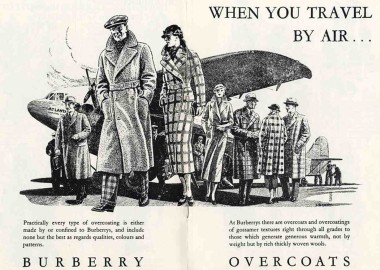
The past week perfectly encapsulated the struggles and strengths of Chipotle Mexican Grill. We’ll share our thoughts in that order.
Chipotle Hit Again With Tainted Food Claims…
Still reeling from several 2015 food poisoning scandals that left at least 500 customers ill, Chipotle is back in hot water. This time due to a tweet on Thursday that, despite receiving limited retweets, sent Chipotle’s already free-falling stock down 3.5%.
This Chipotle thing is still ongoing. My editor ended up in urgent care after being deathly ill all night from eating at Chipotle’s.
— Eric Van Lustbader (@EVanLustbader) July 7, 2016
The incident shows the struggle to control narrative in the social media age. After all, Chipotle has gone to great lengths to avoid another scandal. They’ve even somewhat compromised their core value of maximal in-store preparation. And in fairness, this latest incident has not been positively linked to their food. Sigh. As always in marketing, perception is reality.
…But Still Sticks to Its Message
A bonafide industry darling from about 2010 to 2014, Chipotle helped pioneer the “fast casual” restaurant craze by combining fast food efficiency with higher prices and superior quality.
Business connections with McDonald’s ending in 2006 notwithstanding, Chipotle was never shy about directly criticising traditional fast food ethics. Most memorably in two animated shorts, released in 2011 and 2013. They featured stark mass production imagery set to haunting slow jam pop remixes. In both shorts, the plucky protagonist eventually renews his commitment to a kinder, more natural approach.
Showing zero message shift, despite new processing methods post-2015 that more closely resemble other major chains, Chipotle is at it again with “A Love Story.” The style, soundtrack approach, and outcome are identical to the previous shorts, though the length is now nearly double that of the popular original:
Our Final Thoughts, To Go
Some argue this spot should more honestly reference Chipotle’s challenge to merge scale with high ethical standards. Instead, its story is resolved when the protagonists massively scale down their operations, which Chipotle cannot do. The again, others simply adore the continued message of fiercely maintaining small-scale, “craft” ethics.
For our part, we love consistent messaging when feasible. But at the cost of openness, it doesn’t seem worth it. We prefer a strategy of admitting to vulnerability and imperfection.
What do you think? Can Chipotle have it both ways?





